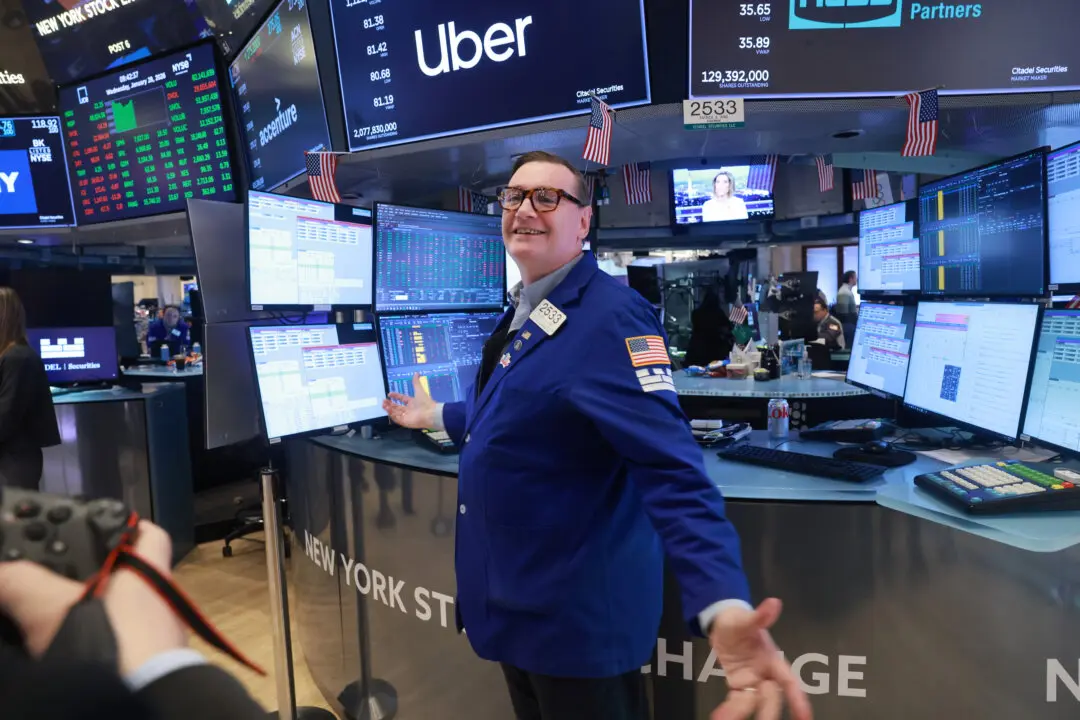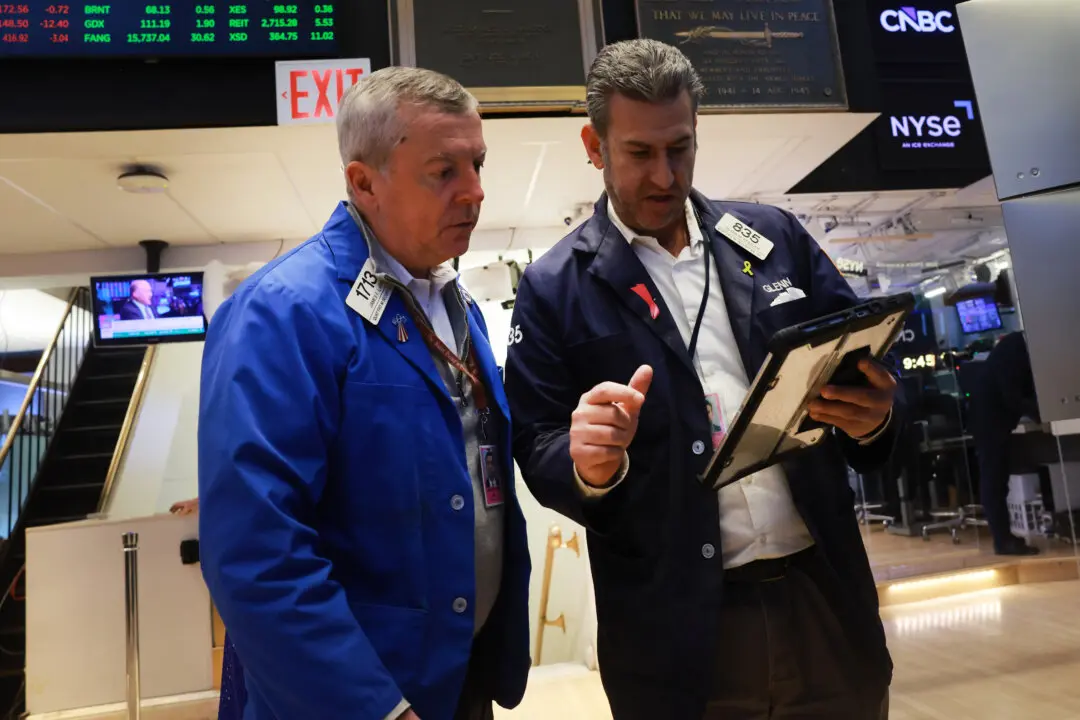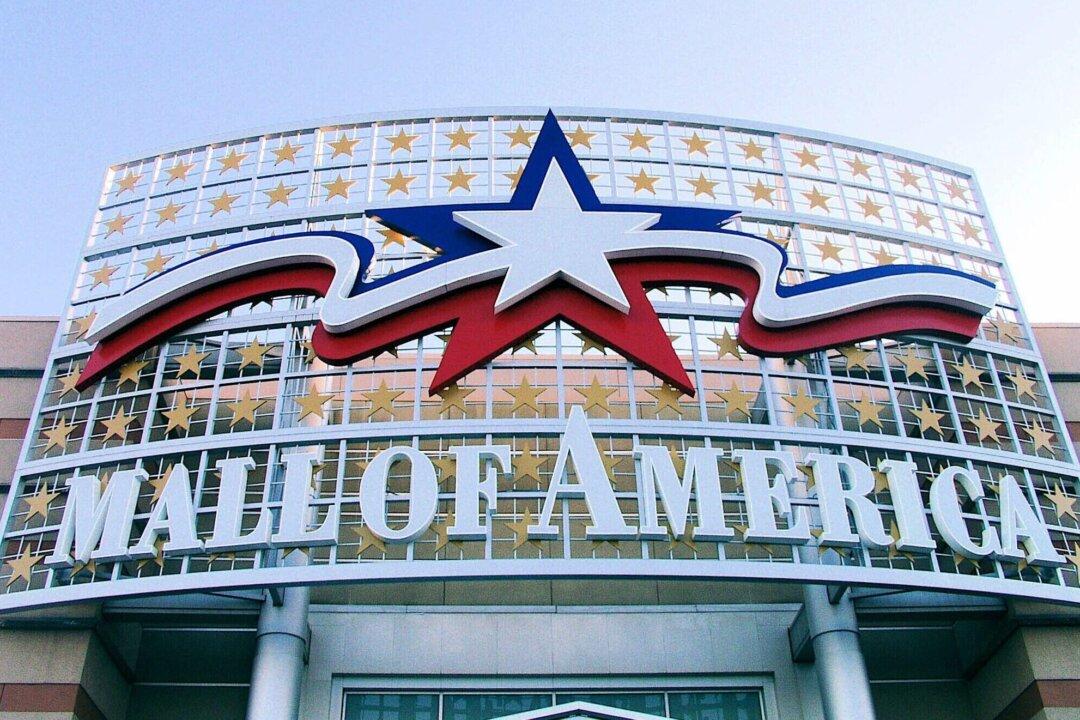According to experts, 2025 will be when physical stores return to the center of retailing. It will also be a year when the concept of value will extend beyond affordability to include enhanced shopping experiences and consumer-centric innovation.
“In 2025, we anticipate that physical stores will be a focal point for the retail industry,” Elizabeth Lafontaine, director of research at Placer.ai, which closely monitors retail industry trends, told The Epoch Times.





